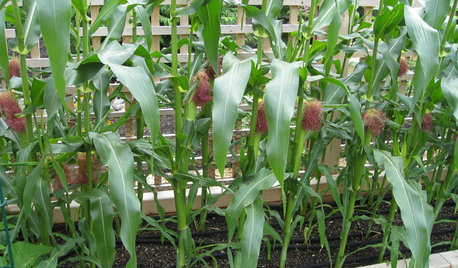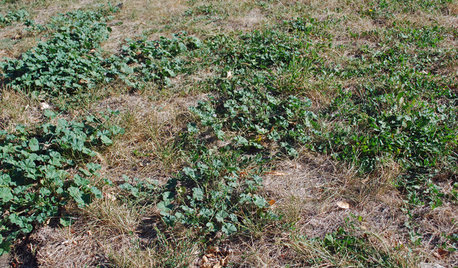Has anyone used corn gluten meal for multiple years?
rutgers1
16 years ago
Featured Answer
Comments (27)
decklap
16 years agorutgers1
16 years agoRelated Professionals
East Patchogue Landscape Contractors · Edinburg Landscape Contractors · Glendale Heights Landscape Contractors · Golden Gate Landscape Contractors · La Verne Landscape Contractors · Laguna Hills Landscape Contractors · Lemont Landscape Contractors · Milford Mill Landscape Contractors · Rockwall Landscape Contractors · Burbank Fence Contractors · Crowley Fence Contractors · Owings Mills Fence Contractors · Ramona Fence Contractors · West Bend Fence Contractors · Angleton Fence Contractorsiowa50126
16 years agorutgers1
16 years agotexasredhead
16 years agotardylady
16 years agotexasredhead
16 years agodecklap
16 years agomorpheuspa (6B/7A, E. PA)
16 years agodeerslayer
16 years agomorpheuspa (6B/7A, E. PA)
16 years agotexasredhead
16 years agodeerslayer
16 years agorutgers1
16 years agomorpheuspa (6B/7A, E. PA)
16 years agodeerslayer
16 years agoKathy Bochonko
16 years agorutgers1
16 years agolou_spicewood_tx
16 years agorutgers1
16 years agosandk
5 years agocookingofjoy
5 years agosandk
5 years agokimmq
5 years agocookingofjoy
5 years ago
Related Stories

SUMMER FRUITS AND VEGETABLESHow to Grow Your Own Fresh, Sweet Corn
Here's how to plant and care for your own mini cornfield
Full Story
KIDS’ SPACESWho Says a Dining Room Has to Be a Dining Room?
Chucking the builder’s floor plan, a family reassigns rooms to work better for their needs
Full Story
LIFEHouzz Call: What Has Mom Taught You About Making a Home?
Whether your mother taught you to cook and clean or how to order takeout and let messes be, we'd like to hear about it
Full Story
STUDIOS AND WORKSHOPSVisit London’s Shed of the Year
A modern Renaissance man carves out a multifunctional green oasis amid London’s urban whirl
Full Story
MODERN HOMESHouzz Tour: 800-Year-Old Walls, Modern Interiors in Provence
Old architecture and new additions mix beautifully in a luxurious renovated vacation home
Full Story
SMALL SPACESLife Lessons From 10 Years of Living in 84 Square Feet
Dee Williams was looking for a richer life. She found it by moving into a very tiny house
Full Story
GARDENING GUIDESWeed War: When and How to Use Chemical Herbicides
Before you spray, arm yourself with knowledge about which weed killers — natural or synthetic — are right for your yard
Full Story
KITCHEN DESIGNPlain-Sight Storage for the Kitchen Stuff You Use Most
Turn essential cookware, tools and even spices into design assets by displaying them out in the open
Full Story
DECORATING GUIDESDecorating 101: How to Use White Right
If you’ve ever been in white-paint-swatch limbo, you know white can be tricky to work with. Here’s how to get the fresh look you’re after
Full Story
KITCHEN DESIGNHow to Choose and Use Ecofriendly Kitchen Appliances
Inefficient kitchen appliances waste energy and money. Here's how to pick and use appliances wisely
Full Story





kimmq